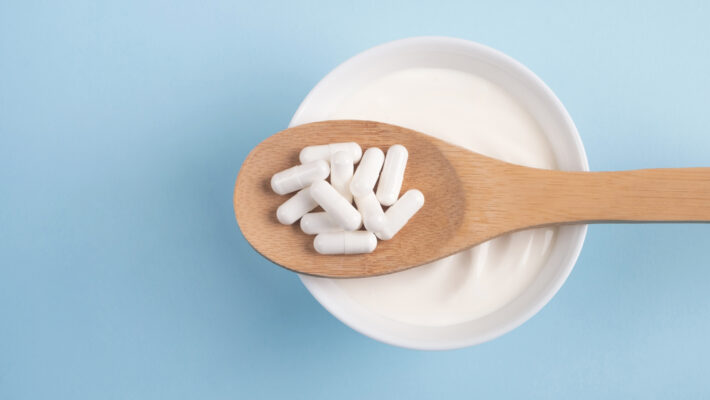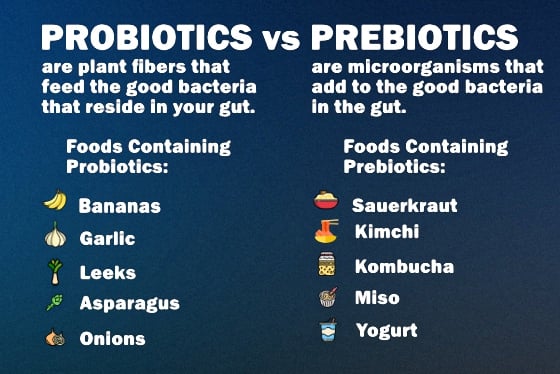Probiotics are naturally occurring bacteria that live on the lining of the intestinal tract. These beneficial bacteria aid in the digestion and absorption of food. People can take probiotics in supplement form and can also be found in a variety of foods. Prebiotics are a good companion to probiotic supplements and help digest and produce…

Signs Your Gut Bacteria Are Imbalanced
Your gut is home to more than the cheeseburger and cup of coffee you had for lunch. Your gut houses an intricate, complex system of bacteria that many experts consider an organ in itself. This microbiome plays a vital role in your digestion, health, and general wellbeing, but certain everyday factors, particularly in your diet,…

Promoting Your Children’s Gut Health
The human microbiome is comprised of the trillions of bacteria populating the human gastrointestinal system. This collective of microorganisms is complex enough that some experts have begun to consider it as its own organ system. It makes sense that the gut microbiome plays a role in digestion and metabolism, but it may also play an…

How to Improve the Health of Your Gut Microbiome
Your digestive system is home to a diverse array of bacteria. Some of these bacteria are good, some are bad, and some have no real effect at all. However, the gentle balance of these bacteria is necessary to the ecosystem in your gut known as the microbiome, and a healthy gut microbiome contributes a variety…

Probiotics: What You Need to Know
Probiotics support good digestive health. As such, probiotic supplements are popular choices for individuals who have gastrointestinal (GI) concerns and want to keep the gut (and immune system) as healthy as possible. What Are Probiotics? Probiotics (as dietary supplements) are live bacteria that are added to the existing bacteria which inhabits the human body (the…




